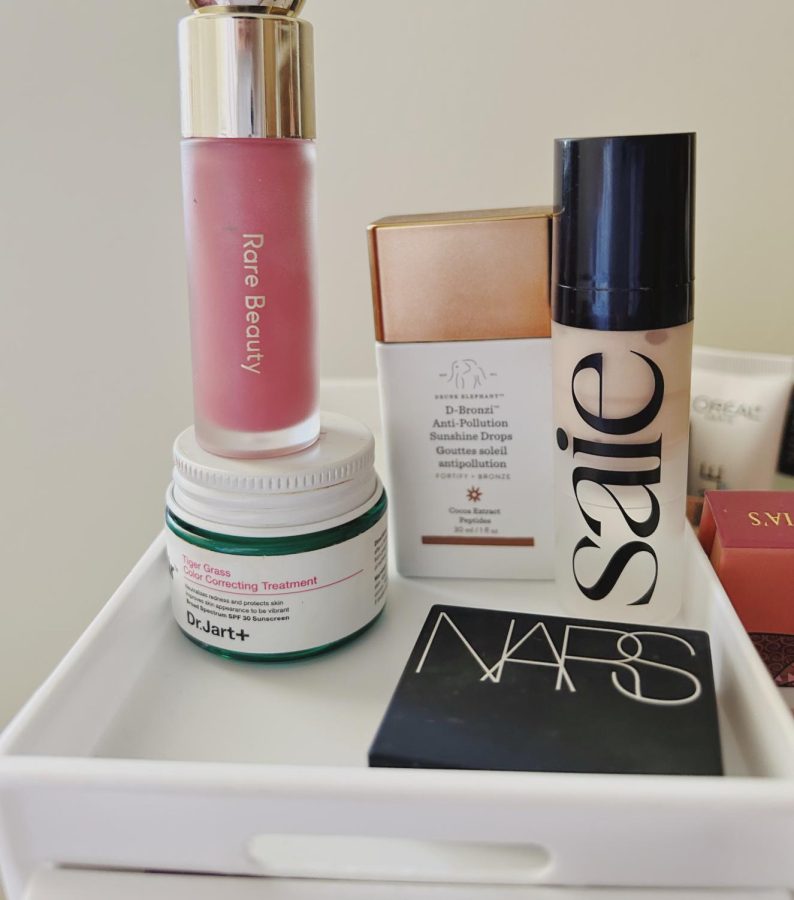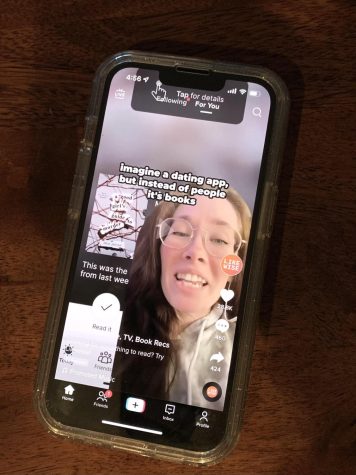Recognized as the most informed group of consumers currently in the market, Generation Z carries the reputation of being immune to retail marketing ploys. Numerous franchises have declared this generation to be overly critical as companies struggle to capture the attention and, more importantly, loyalty, of this audience.
In comparison to the optimized smartphone content and value pricing used to entice millennial consumers, enterprises are unsure of how to tackle the Gen Z market, citing no singular algorithm that caters to their interests.
Claiming that Gen Z’s multifaceted nature doesn’t allow for a “one size fits all” ad-campaign, marketers and companies have reached a consensus that advertisements need to feel individualized to create brand loyalty.
Instead of facing the challenge, it seems that corporations view Gen Z loyalty as an impossible feat; this mindset substantially hinders a company’s potential revenue.
While it is true that Gen Z values individualism and wields the necessary tools to make educated consumer choices, they are not completely immune to being swayed by endorsements made by brands.
Though creating individualized ads for all Gen Z consumers is an impossible task, there is a simple fix to the struggles held by companies: playing into the generation’s obsession with parasocial relationships.
Differing from previous generations, Gen-Z will not fall for meticulously crafted brand facades unless it is attached to a social media influencer that exudes their idea of authenticity. By combining advertisement outreach via social media and brand deals with popular influencers, companies can successfully capture Gen Z’s loyalty. This tried and true system is one that has already helped the businesses smart enough to try it.
In 2016, Youtube was the most popular social media platform for entertainment. Many Gen Z members admired and followed accounts like Maybaby, Rclbeauty and MyLifeasEva. Finding connections that stemmed from creators’ relatability factor, Gen Z viewers eventually began buying the same products that these accounts mentioned..
The EOS lip balm was one of many products which profited from this. The commodity saw a huge surge in revenues by simply sending PR packages to YouTube creators. Despite never directly making them the face of the brand, the monetary results were incredible. PV alum Muskan Basnet shares,”Watching youtubers such as Maybaby made me feel like their friend, I trusted their judgment and found them to be relatable which is why I had a collection of the egg-shaped EOS lip balm.”
Similarly, this same trend can be seen with numerous influencers on Tiktok who are avid users of the skin-care brand Drunk Elephant. From Alix Earle to GRWM accounts, almost every Tiktok influencer uses Drunk Elephant products thanks to PR strategies.
Senior Makena Leiby shares ,“My younger sister is only in elementary school but she still falls vulnerable to the skincare product trends she views on tiktok. She is most influenced to purchase Drunk Elephant products because of their creative and colorful packages. Even though she is young, and her skin is blemish free, she has been convinced by social media that she needs certain beauty products.”
The theory of curating the image of loyal customers rather than having one person become the face of a brand works again because it influences audiences as young as fourteen.
Companies should be investing money into people rather than artificially created messaging. When they do so, they gain the loyalty and business of Gen-Z, a generation that values authenticity and trusts influencers they see on their screens.
























